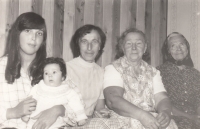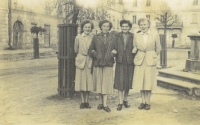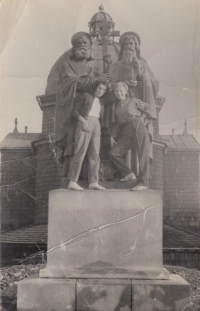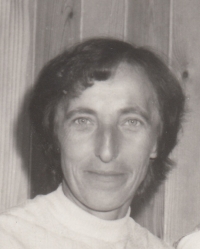The obligation, that angered me the most
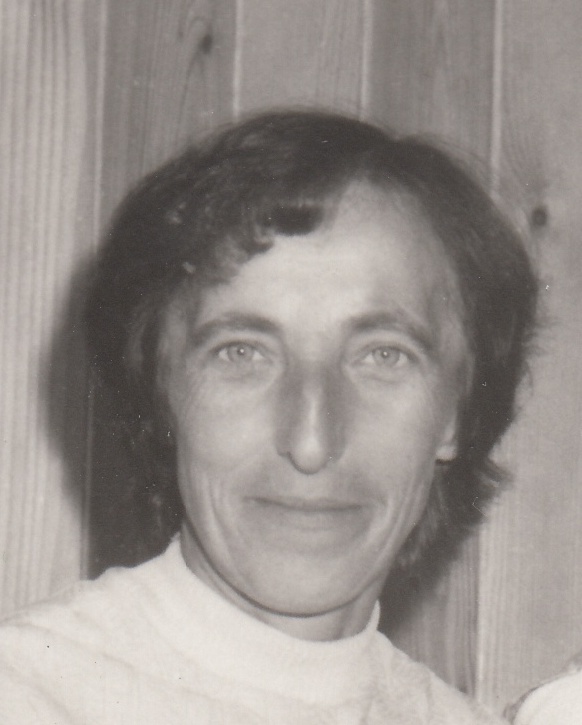
Download image
Marie Podařilová was born on June 15, 1936 in Havlíčkův Brod (then Německý) Brod. In May 1945, she and her parents came to Dobrá Voda in the Jindřichův Hradec region, where they settled at the farm after the expelled Germans. In 1953, she graduated in České Budějovice from the field of plaster mason. For the next four years she worked at the Military Design Institute in Karlovy Vary. In 1956 she returned to her parents in Dobrá Voda. After the father refused to join the unified agricultural cooperative, the family had to move out of the farm and moved to nearby Hůrky. In the years 1956–1958, the witness was a member of the border guards. She worked as a seamstress, a worker in the woods and in a cowshed. After retiring in 1991, she helped out at a guesthouse with a restaurant. In 2020, Marie Podařilová lived in a nursing home in Nová Bystřice.

